External Affairs Minister S Jaishankar on Tuesday said India and the United States will need to “refresh” ties as the old globalized world order built after 1945 gives way to an emerging arrangement marked by a “proliferation of frenemies”, friends who differ and competitors who cooperate.
The minister said the emerging order will be “multipolar” and “intensely competitive and driven by balance of power” instead of one based on “shared endeavours” and “collective security”. Competing powers will work together based on “convergence” of interests, not “congruence”.
The new era, the minister said, “calls for both India and the United States to press the refresh button of their relationship as the really important relationships in the world are the less transactional ones. They are driven by global assessments and are based on strengthening each other”.
Jaishankar did not explain what about the current state of India-US ties had prompted his call for hitting the refresh button, but he went on to express confidence in the state of the relationship.
“Recent events in our ties confirm that the deep convergences developed over the last two decades are now in full play. I am confident that a strategic appreciation of the emerging global landscape would only bring us closer.”
India’s relations with the US have been more transactional on President Donald Trump’s watch than in the past, as is true for all the other US relations.
The two sides are negotiating a trade deal to end current and outstanding issues going back by decades. They have also sought to manage competing interests regarding India’s traditional ties with Russia and Iran, one an arch-rival and the other a sworn enemy.
Jaishankar, who is highly regarded as a strategic thinker and is well known in US academia and policy circles, was speaking at the Center for Strategic and International Studies, a leading US think-tank, on “Preparing for a Different Era”, and his vision of a changing world order.
The foreign minister has had a series of think-tank events at which he has spoken expansively on all aspects of international relations with India in the middle — the US, Europe, China, the Gulf and the neighborhood. The host of one of them — not the CSIS — remarked the minister’s pronouncements could be the start of “the Jaishankar Doctrine”.
The post-Second World War global order stands eroded today, he said, because of “disenchantment with globalization, anger at mercantilism and an inability to accept changes”.
One of the key dimensions of the emerging world will be its multipolarity, with “an India or a Brazil will demand a greater voice with a growing economy”.
The other key dimension of this order, which will be driven by nationalistic and more transactional power centers that prefer balance of power to collective security, will be the “proliferation of frenemies”, “allies who publicly turn on each other; or competitors who are compelled to make common cause on issues.”
India’s trilaterals with the US and Japan on the one hand, and with Russia and China on the other, on the sidelines of the G-20 in recent years should be seen in this context of a changing world of countries brought together by convergence, Jaishankar said.
India also finds it “perfectly natural to engage a Chinese leader at Wuhan, the Russian one at Sochi and then go on to do the ‘2+2’ meeting of Foreign and Defence Ministers with the United States”.
India’s recent decisions regarding Kashmir must be also considered in the backdrop of the emerging order, in which a different mindset was required, one in which issues that “were presumed to be intractable challenges will have to be addressed, not ducked”.

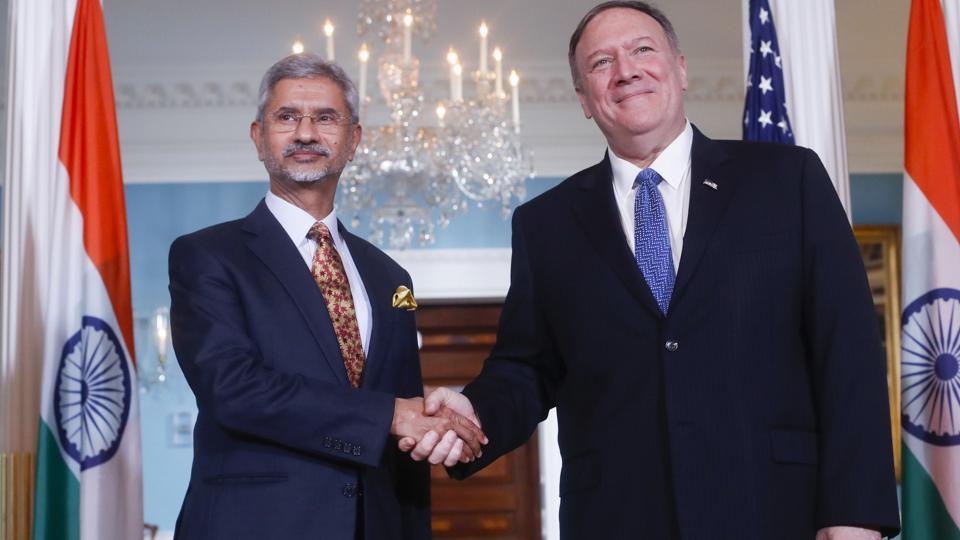
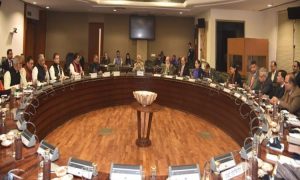

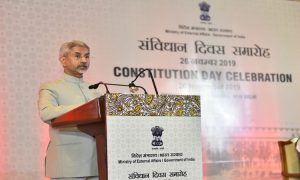

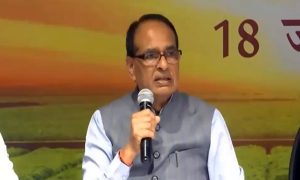

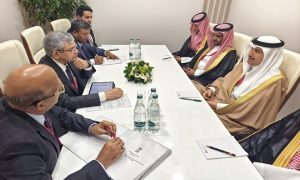

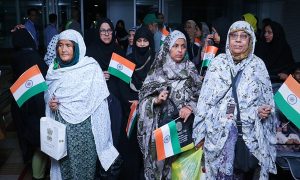

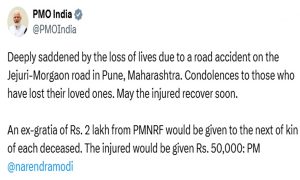

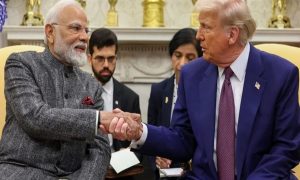

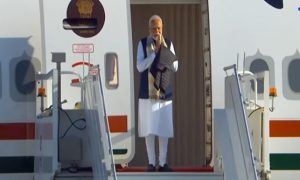

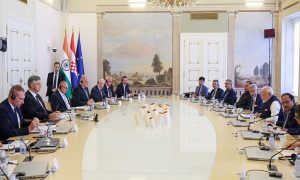

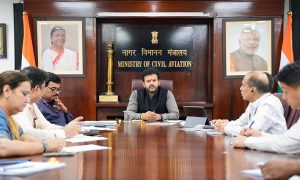



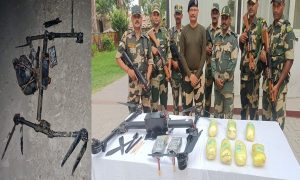

 WhatsApp us
WhatsApp us